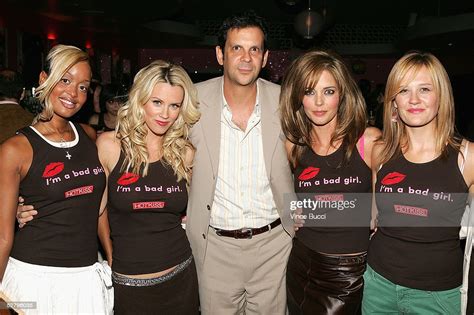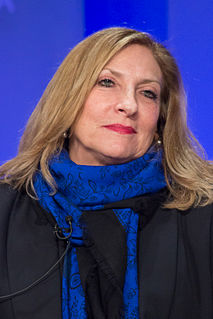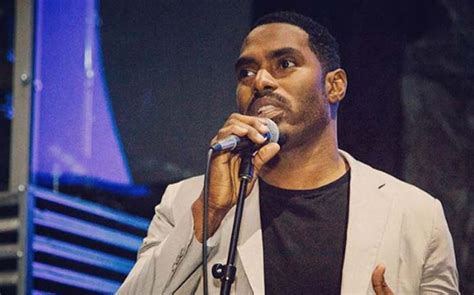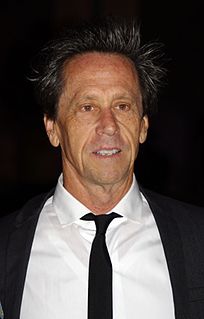A Quote by Bruce Cohen
My teachers believe that the creative producer's job is to service the vision of the director, to stay within schedule and budget, and to get the studio what they need, but you work for the director to get their vision on the screen. That's not how everyone approaches producing, but it is certainly how directors like you to approach producing. How I was brought up is that my job is to help you make the movie you want to make.
Related Quotes
I only worked on that one movie, but then quickly realized that the path of being an assistant director was not gonna get me to producing. It's a different path coming up through production management and then line producing. So I basically was in the position where I was going to take any job that felt creative, like the one I got, which was reading scripts and writing coverage. So even though I was taking a job where I was making less money than the job immediately prior, it seemed like the right thing for me.
Sharing the same vision for what's on the page is always a good idea. The director's job is to establish what that is and make sure that everyone sticks to it when it comes down to actually executing it. Establishing what the vision is and being able to stick to it is the job, and everyone should be on the same page going in.
I think I'm an extremely conscientious producer and now equally as a director and it gives me the opportunity to look at the entire movie and really allow the movie to be the creative vision of the actors, the writer and myself, because I'm in charge of it from a producer and a director point of view.
I do feel that there are things you can learn from an artist, but I think you need to be very close to that person, and to know that person fairly well, in order to acquire anything from them. I do have a teacher myself, and I have learned quite a lot from my teacher, but it's not how to make a film. It's more how to approach my life as a director, how to approach and how to lie to a producer.
My job as an actor is to try to do what the director wants me to do. I'm going to do everything I can to incorporate that note and make it work. If it doesn't work, I'll try this kind of thing, and "How do you feel about that?" If you are at odds with the director, neither one of you is going to get anywhere. You really do have to be able to make both of you happy. Even when I was younger, there were times when you have to find a way to make it work for both of you.
I mean, just like every other prominent songwriter or producer, you have the shot. You send in records and if they make it, they make it. If they get heard, they get heard. I'm not sure if you know how that circle of songwriting and producing works, but every time a big artist is working, everybody and their mother is in the studio writing records to try to get on it.
It takes a number of different skill sets, I think, to try and be a good producer. You have to be very creative, but you also have to be incredibly financially minded. I jokingly say the job is kind of part cheerleader and part dictator. It is both of those things, because you have to make sure that people are doing what they need to be doing, but creatively you really need to be helping each person in every job across the crew. Cheering them on, keeping them inspired into doing their best work, and you have the director's vision in the forefront.
I'm not going to pursue it the way that actors pursue it which means going to all of the auditions and getting a job and all that stuff, because I don't really need to get a job because I have a job as a writer/director. That's how I make my living mostly now. So I don't need to make a living as an actress.
When I show up to act in a movie for somebody else, I just want to be nice and helpful and do what they want because I know how difficult it is to make a movie. I don't want to cause any problems. So you show up and do your job, and I think if a director understands that, you don't make a lot of demands.
I certainly would never overstep my bounds and make suggestions to a director. As an actor I'm trying to fit to the best of my abilities within the director's vision, and trying to find some happy rapport where we can both bring something to it that's fresh. Usually I've been lucky in working with directors who have trusted my instincts.
The first thing you do as a producer is you try to understand the director's vision in as deeply a way as you can. Sometimes, you end up with a director that has more vision or sometime they have less vision. You hope that they have more. In the case where they have more, you need to understand it in the deepest way you can.
It's great when a director like Cameron Crowe can take what you do and fit it into what he's doing. If someone's a fan of you already, they can take what you do and make it work for what they're doing. You don't know their vision, and you're thinking, 'How is this guy going to take what I do and make it work in this movie?'


































